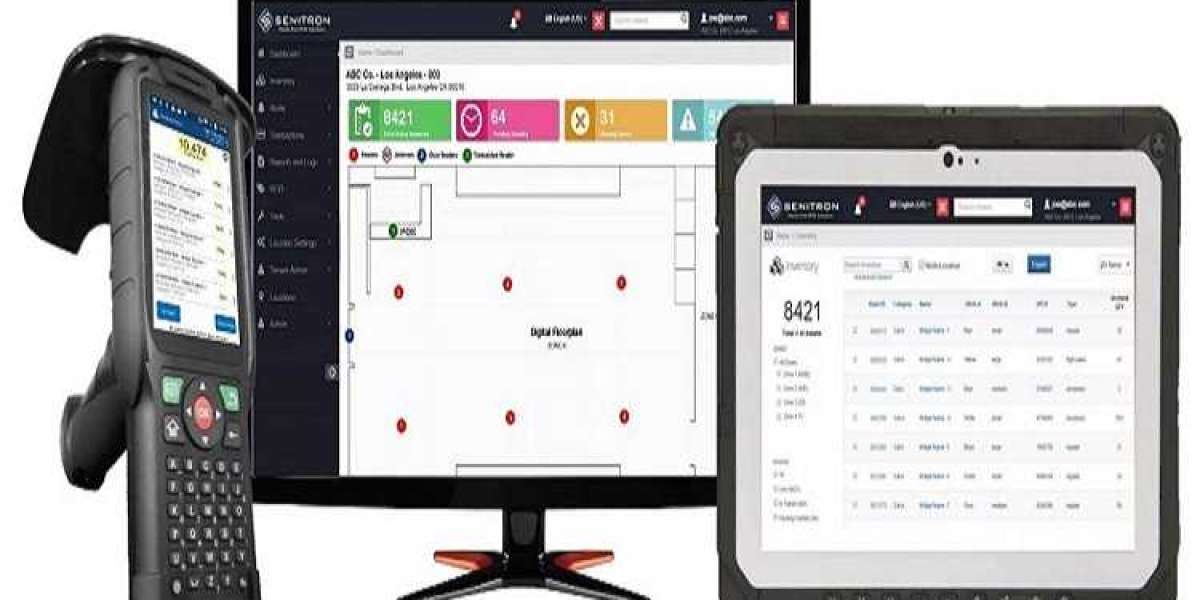Patient tracking and management are critical for ensuring smooth operations and high-quality care in healthcare. With the advancement of technology, RFID (Radio Frequency Identification) has emerged as a powerful tool in revolutionizing these processes. RFID systems offer numerous benefits, including improved efficiency, accuracy, and patient safety. Let's delve into the magic of RFID in patient tracking and management.
RFID – Cutting-edge Technology for Tracking Purposes
RFID technology uses radio waves to identify and track objects or individuals. It has three main components: RFID tags, RFID readers, and a backend system. The tags, which can be attached to various objects, including patient wristbands, contain a unique identifier and can wirelessly transmit information to the readers. The readers capture this information and send it to the backend system for processing and analysis.
Enhancing Patient Tracking and Safety
RFID has revolutionized patient tracking by providing real-time visibility into the location and movement of patients within a healthcare facility. Here's how RFID patient tracking systems helped in advancing the overall patient tracking system:
- Accurate Identification
RFID tags eliminate the risk of misidentification by ensuring that patients are correctly identified throughout their hospital stay.
- Real-time Location Tracking
RFID readers placed strategically throughout the facility can track the movement of patients in real time, enabling healthcare providers to locate them quickly.
- Preventing Errors
RFID systems can be integrated with medication administration processes, helping prevent medication errors by ensuring patients receive the right medication at the right time.
Improving Workflow Efficiency
RFID technology streamlines healthcare workflows, making processes more efficient and reducing manual errors. Here's how it improves workflow efficiency:
- Asset and Inventory Management
RFID can track medical equipment, supplies, and medications, enabling healthcare organizations to maintain accurate inventories and locate items easily when needed.
- Patient Flow Optimization
RFID systems can analyze patient movement patterns, allowing healthcare facilities to optimize resource allocation, reduce wait times, and enhance patient flow.
- Automated Data Capture
RFID automates data capture, reducing the need for manual data entry and freeing up healthcare professionals' time for patient care.
Integrating RFID with Electronic Health Records
Integrating RFID technology with electronic health records (EHR) further enhances patient tracking and management. RFID-enabled EHR systems offer the following benefits:
- Seamless Data Synchronization
RFID tags can automatically update patient data in the EHR system, ensuring that records are always current.
- Quick Access to Patient Information
Healthcare providers can access patient information, such as medical history and allergies, by scanning RFID tags, enabling faster and more informed decision-making.
- Enhanced Patient Privacy
RFID systems can provide secure access control, ensuring only authorized personnel can access sensitive patient information.
RFID in Patient Tracking and Beyond
While RFID technology has proven its worth in patient tracking and management, its applications extend beyond healthcare. For example, RFID warehouse management systems enable accurate tracking and management of inventory in large warehouses, improving operational efficiency.
RFID has transformed patient tracking and management in healthcare. Its ability to enhance patient safety, streamline workflows, and integrate with EHR systems has revolutionized how healthcare organizations operate. As technology evolves, we can expect RFID to play an even more significant role in optimizing patient care and improving healthcare outcomes.








